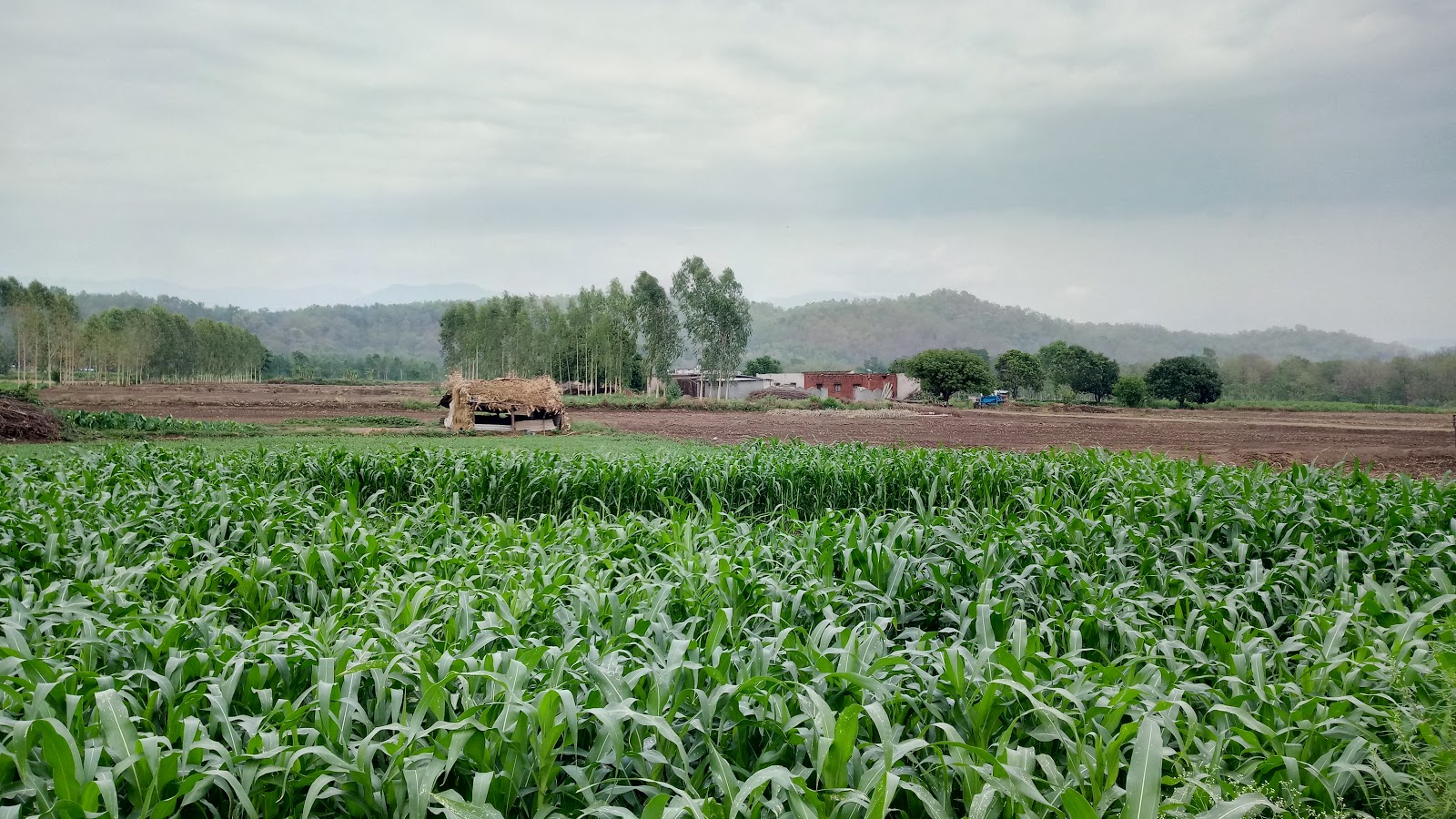Seeds Of Sabotage: The 'Agro-Terrorism' Threat India Can't Ignore
National NationalPosted by AI on 2025-08-12 10:45:00 | Last Updated by AI on 2025-08-12 13:24:57
Share: Facebook | Twitter | Whatsapp | Linkedin Visits: 0

If the ongoing research of the USA and China on genetic engineering of food crops through insect dispersion is anything to go by, India needs to boost its agro-security before it's too late. There is an increasing danger from agro-terrorism that poses a significant threat to Indian national security.
China and the USA have been focusing heavily on researching and developing genetically engineered food crops resistant to pests and diseases. China, in particular, has been focusing on the genetic engineering of the popular insect-repelling crop, Bt cotton. Chinese scientists have been genetically modifying the crops to be dispersed by insects, therefore, increasing the scope of gene flow to nearby farms. Indian national security should boost its surveillance and monitoring of such bio-engineering research and development to prevent agro-terrorism.
While many may deem agro-terrorism as an unlikely scenario, the reality is that India needs to be prepared for any such event. With various stakeholders involved in India's agro-economy, the possibility of vested interests manipulating food supplies for personal or political gain is high and shouldn't be ignored. The possibility of such an event is highly likely, and preventive measures and preparedness are the best approach.
India is one of the largest agricultural countries and boasts a significant, intricate agro-industry. While the country has established protocols and regulations on the genetic modification of crops, the reality is that India needs to be on guard against agro-terrorism. It is crucial to boost agro-security and continue developing tighter surveillance and monitoring technologies and protocols to avoid such a likelihood.
Search
Categories
- Sports
- Business
- History
- Politics
- International
- Science & Technology
- Social Issues
- Disaster Management
- Current Affairs
- Education
- Startup Business
- Startup News
- Awards
- Community Services
- Fundraising Events
- Volunteer Services
- Health Initiatives
- Innovations and Initiatives
- In News
- dummybanners
- Awards
- Partners
- Products
- Press Releases
- News
- Fast Check
- South
- సినిమా
- Gallery
- Sunday Chronicle
- Hyderabad Chronicle
- లైఫ్ స్టైల్
- National
- క్రైం
- ట్రెండింగ్
- జాబ్స్
- అంతర్జాతీయo
- బిజినెస్
- రాజకీయం
- బిజినెస్
- సంపాదకీయం
- నవ్య
- చిత్ర జ్యోతి
- క్రీడలు
- జాతీయం
- తెలంగాణ
- తాజా వార్తలు
- మన పార్టీ
- మన నాయకత్వం
- మన విజయాలు
- డౌన్లోడ్స్
- మీడియా వనరులు
- కార్యకర్తలు
- North East Skill Center News
- Government Schemes
- Entrepreneurship Support
- Employment Opportunities
- Skill Training Programs
- Departments
- Investments
- Initiatives
- Resources
- Telangana IT Parks
- Events & Jobs
- Press Releases
- News
- Airport News
- Newtons Laws of Motion
- Karbonn in Business
- Investments in Karbonn
- Company quarterly sales
- Markets
- Auto News
- Industry
- Money
- Advertisements
- Stock target
- Company Updates
- Stock Market
- Company Sales
- Staffing and HR
- Constituency Assembly
- General News
- Srikalahasti Temple
- Bojjala Sudhir Reddy
- Technology & Innovation
- Sports
- Business
- Products
- Industries
- Services & Trainings
- Tools & Resources
- Technology Integration
- Drug Seizures & Arrests
- Telangana Narcotics
- Law & Enforcement
- Rehabilitation
- Nationwide Drug Policing
- Nigeria Seizures
- Global Operations
- Drug Awareness
- Drug Enforcement Tech
- NCB Drug Seizures
- Judicial Crackdown
- India's Surveillance Tools
- Cross-Border Links
- Women Safety
- Cyber Crimes
- Drug Abuse
- Traffic & Road Safety
- Community Connect
- Public Safety Alerts
- Citizen Assistance
- Nellore City News
- Politics & Administration
- Events & Festivals
- Agriculture & Rural
- Business & Economy
- Health & Wellness
Recent News
- Supreme Court Orders Provisional Relief for Claims of Voter List Fraud
- The best gaming monitors for epic wins
- Massive Shortfall in Cess Funds Highlights Lapses Across Decades
- Indian REITs Explode in Popularity with Investors; Experts Predict Further Growth
- Former West Indies Captain Clive Lloyd Shares Fears About The Two-Tier ICC World Test Championship
- Dewald Brevis Creates History, Becomes 1st South African Cricketer To...
- SC Extends EOL Vehicle Ban, Says No Coercive Action Against Owners
- Bombay High Court Revokes Belief That Aadhaar, PAN, Or Voter ID Makes One An Indian Citizen